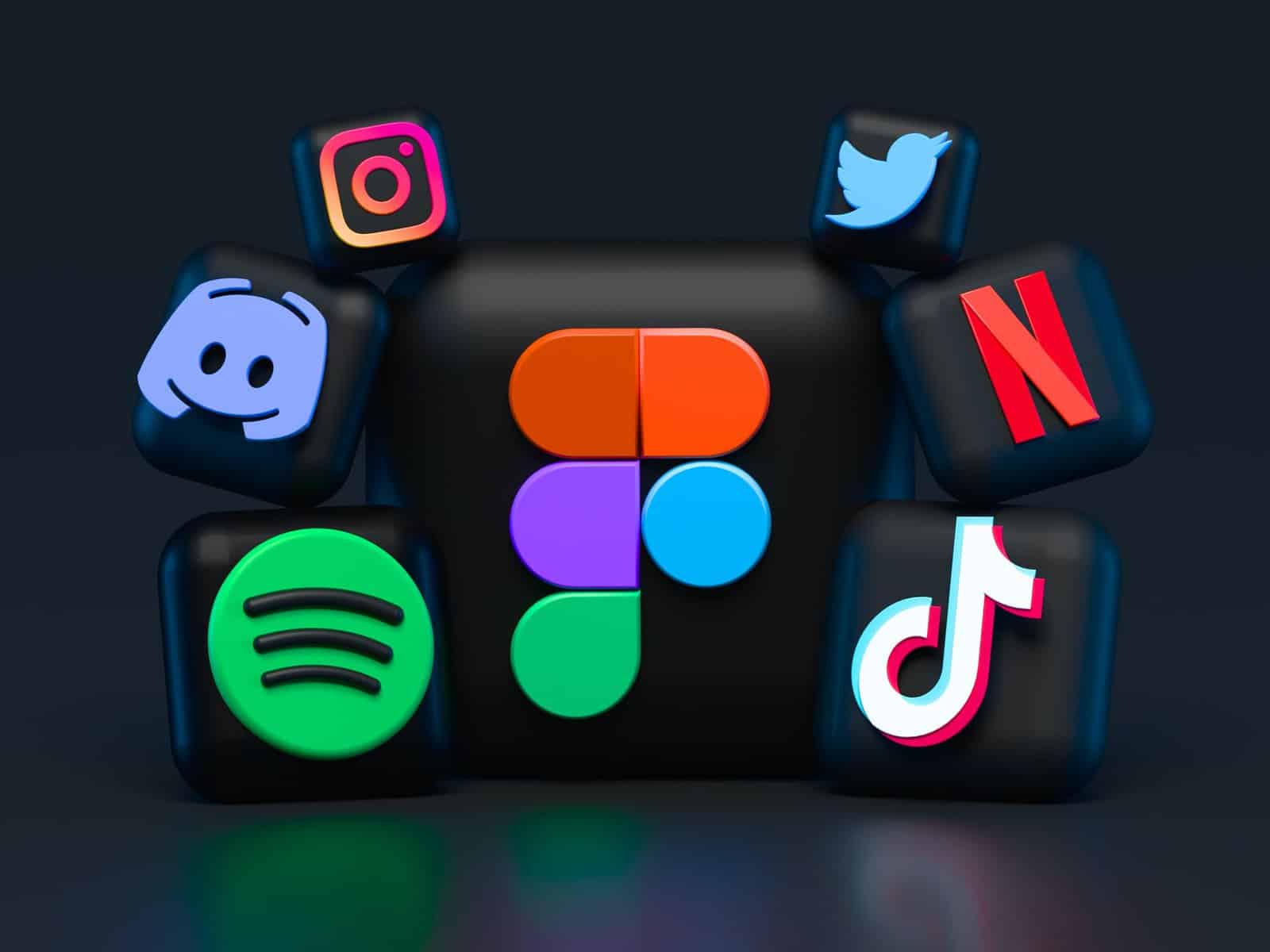Event marketing is a strategy brands use to promote their business in real-time at an in-person or online engagement (event). There are different ways you can use event marketing for your brand. The most common B2B events include one-day conferences, seminars, live streaming, product training, channel/business partner events, VIP meals, and leadership workshops.
Learn how to do #EventPlanning for your #Business both in-person and online
Businesses use events regularly to grow high-quality, organic leads and establish authority in their industry. They’re especially effective among millennials — 78% of them prefer spending money on events rather than physical items.
Brands widely use local and online events to attract their audience. If the event gets enough buzz, many prospects will show up. Events build brand awareness and can potentially get more conversions.
Effective Event Marketing Strategies and Ideas
Now that you’ve defined and researched your target audience, we will discuss the effective event marketing ideas and strategies you can try for your next event.
1. Identify the target audience
The most important part of event planning is identifying your target audience. For example, if you’re planning a fashion show and your brand focuses mostly on young women, you need to target that specific demographic group.

To capture your attendees’ attention, you should use the one channel that’s unmissable – mobile phones. You can send promotional text campaigns using SMS marketing software to notify them of the event date, time, and any other important details. They can RSVP directly via SMS, thus facilitating the reservation process. Identifying your target audience is essential for planning the program’s content, and it’s also helpful if you’re going to give out freebies and prizes.
2. Share Press Release with the Media
Event marketing phase: primarily the event launch phase, but also pre-registration and throughout the day-to-day phase
This one is fairly self-explanatory. By sharing your formal press release with the media, you can amplify your reach in getting the word out to your target attendees. Also, a proper press release will be important for securing your sponsors and might help in getting the attention of influencers, which may, in turn, help promote your event.

If your event’s primary goal is to build brand awareness and relationships with influential people and businesses, then this event marketing strategy is a must.
3. Use countdowns to create buzz
Creating buzz for an event is all about building awareness and excitement. One of the best ways to do this is with a countdown shared across social media channels, blog posts, email announcements, and more.
This gives you something to post about each day, and it’s also a good way to entice hold-outs to register.
The countdown sticker within Instagram Stories is a good place to start if your brand has a good Instagram presence. You can customize the name and color of the clock as well as set an end date and time, as shown in the image above. Then, viewers can subscribe to receive a notification when the clock runs out or add the countdown to their own story, essentially creating a branded calendar notification.
4. Social Media Marketing
Again, this one is fairly obvious: in this age of social media, it would only make sense to promote your event across social media platforms where your target audience is most prevalent.

Social media marketing is useful in all phases of event marketing: to generate buzz and momentum for your event launch, engage your target audience, and ultimately build a community.
An important social media event marketing approach is creating an event hashtag. The hashtag should be unique enough so it won’t get lost amidst all the noise, but at the same time should be familiar enough so your target audience can easily find it.
5. Create awareness through blogging
If the company has a blog section on its website, it can effectively communicate news about the event, its purpose, goals, objectives, and educational aspects. Since the content is original and informative, the chances of them getting ahead in search engine rankings are higher. Such blog posts have the advantage of being boosted through social media such as LinkedIn, Facebook, and Twitter.
The content that works best in event promotion is the purpose, interviews with key delegates or experts, the venue, news, photographs, details about the turnout, the outcome, and several important information. According to Event Marketing Strategies Maven Michelle Bergstein, it works well if the company has an editorial calendar to work with.

Likewise, experts in the industry can also be requested to write articles or opinion pieces that the readers will value.
If the event is an ongoing annual affair, client testimonials can be effectively used to create a good impression among potential clients. However, there should not be an effort to build hype that may backfire.
6. Go live
Yes, it’s going social again! Facebook is a huge space and a great platform to get the word out about your event. A Live Stream is a new trend in event marketing where you directly interact with your target audience and invite them in.
Use this opportunity to give your audience a peek into what lies ahead and make a compelling pitch about why attending the actual event is something they don’t want to miss. Bizzabo studied that almost 30% of marketing professionals believe that live streams impact an event the most.
7. Website/Event page
Although social media has become a more popular medium to share and post content for a vast majority of people, a good website is the backbone of any corporate promotional activity.
The event posts on websites should indicate the topic, time, place, and profile of those who should attend. It could also describe the benefits of attending the event. It should be brief and concise. Third-party endorsements help in attracting the audience.

The event description should have speaker pictures and bio as great pictures draw huge crowds, the logo of the event, videos related to the event, and most importantly register button. The registration, thank you! The page should allow the reader to share the event on social media. They should receive an email on registration, and this opportunity can be used to suggest they follow the company on Twitter.
Why do you need an event marketing strategy?
As with any other type of marketing, it’s important to have a strategy in place so you can define your approach and take the right steps to achieve your goals—before, during, and after the event.
Without a strategy, not only is it unlikely that you’ll achieve your goals in the first place, but it also becomes difficult to measure success. You need to set goals, objectives, and key performance metrics (KPIs) for your event, which are part of your event marketing strategy.
Conclusion
You know your event is going to be exceptional. You have planned amazing things for your attendees- it’s time to create a buzz about it.
Event marketing strategies allow you to make an impact building up to the event and continue the momentum for your business or non-profit even after. Utilize these strategies to engage with your audience effectively, ensuring that their needs and priorities are at the forefront of your planning. In this digital era, leveraging advanced communication tools like WhatsApp can greatly enhance your outreach and engagement. Consider integrating WhatsApp marketing tools to streamline your communication efforts, making it easier to connect with attendees and stakeholders directly and efficiently.